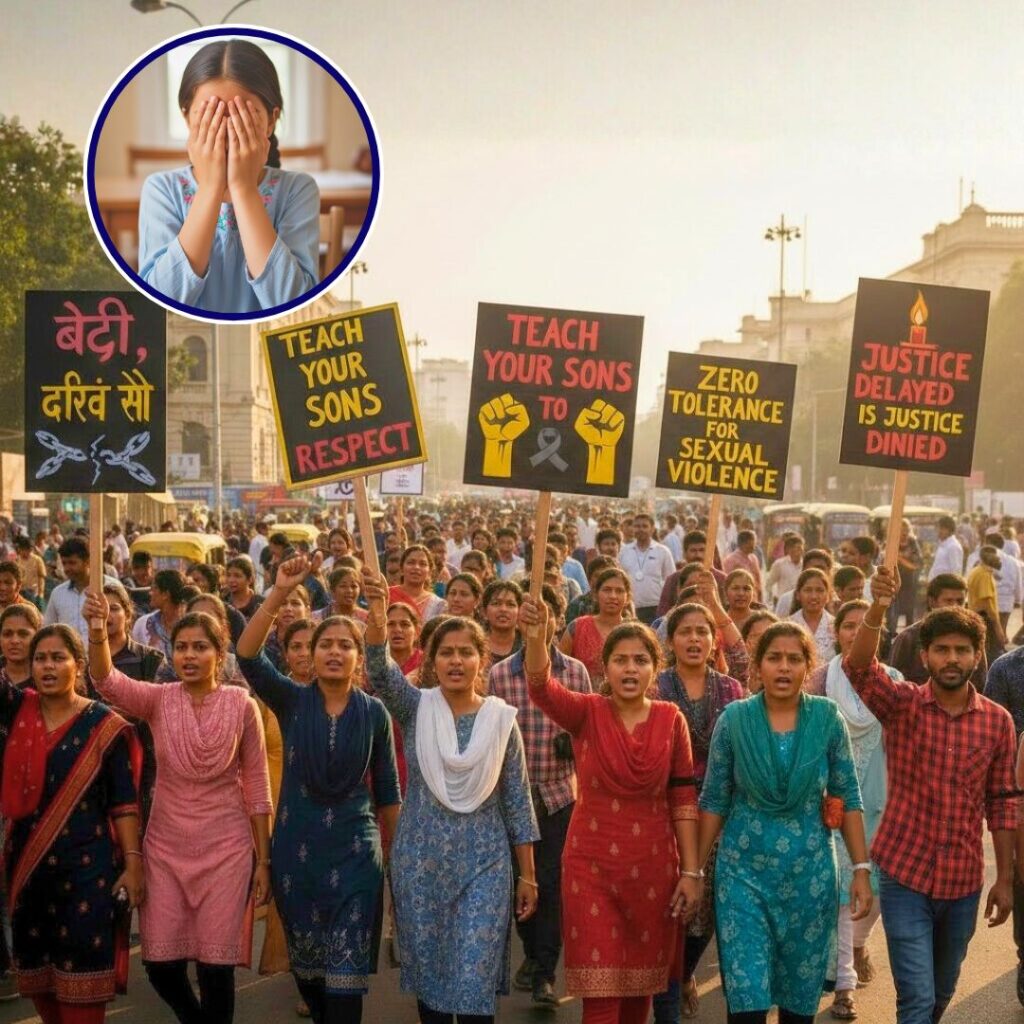India emphatically rejected the allegations made by Pakistan’s Prime Minister Shehbaz Sharif, who accused India of supporting groups involved in the suicide bombing near the Islamabad district court that killed 12 people. The Indian Ministry of External Affairs (MEA) called the claims “baseless and unfounded,” attributing them to a “delirious” Pakistani leadership’s attempt to distract from its ongoing internal political crisis.
MEA spokesperson Randhir Jaiswal said Pakistan’s narrative was a predictable tactic to “deflect the attention of its own public” from the military-inspired constitutional power grab unfolding in Pakistan. The international community, he added, was aware of the facts and would not be misled by these “desperate diversionary ploys.”

Details of the Attack and Allegations
The suicide bombing struck outside the Islamabad district court complex on Tuesday afternoon, killing 12 people and injuring over 30. The assailant targeted a police vehicle after failing to enter the court premises, causing chaos and panic among lawyers, staff, and visitors.
The leader of Jamaat-ul-Ahrar, a splinter faction of the Pakistani Taliban (Tehrik-e-Taliban Pakistan or TTP), claimed responsibility for the attack. However, another commander from the group denied any connection with the incident.
This faction has repeatedly split from and rejoined the TTP over time, including a breakaway in 2022 after the death of its leader in a bombing in Afghanistan. Meanwhile, a TTP spokesperson also denied involvement in Tuesday’s attack.
Despite ongoing investigations, Islamabad quickly blamed New Delhi, with the Prime Minister’s Office in Islamabad branding the attack as one of the “worst examples of Indian state-sponsored terrorism in the region.” Pakistan’s Interior Minister Mohsin Naqvi also supported this claim, stating that the attack was executed by “Indian-backed elements and Afghan Taliban proxies.”
This attack was followed closely by an attempted assault on a military-run college in Khyber Pakhtunkhwa, which the Pakistani government claims to have foiled. Prime Minister Sharif blamed both incidents on groups allegedly supported by India.
Political Context and Diplomatic Tensions
The accusations by Sharif come amid Pakistan’s internal turmoil, notably after the Senate passed a controversial constitutional amendment granting greater power and legal immunity to the army chief and altering the judiciary’s role. India’s MEA suggested these serious allegations were a diversion from this “constitutional subversion” and a power grab by the military establishment.
Relations between India and Pakistan have been tense, particularly following a series of cross-border terrorist incidents in recent years, culminating in increased military confrontations and diplomatic restrictions. Sharif’s allegations reflect a longstanding pattern of Islamabad blaming India for internal security challenges, despite lack of concrete evidence.
The Logical Indian’s Perspective
The Logical Indian calls for measured responses rooted in facts and urges both nations to prioritise peace and dialogue over rhetoric and blame games. Politicising tragic terror attacks by levelling unproven accusations only deepens mistrust and instability in an already fragile region.
Addressing extremism demands cooperation, transparency, and mutual respect rather than divisive narratives. It is crucial for citizens and civil society on both sides to encourage leadership that values dialogue and constructive engagement.
India rejects the allegations made by the Pakistani leadership. @MEAIndia calls the allegations baseless, and says that it is a tactic to spread false narratives against India to deflect the attention of its public from their ongoing constitutional subversion and power grab.
— All India Radio News (@airnewsalerts) November 11, 2025
It… pic.twitter.com/HvoxRcSfLA












